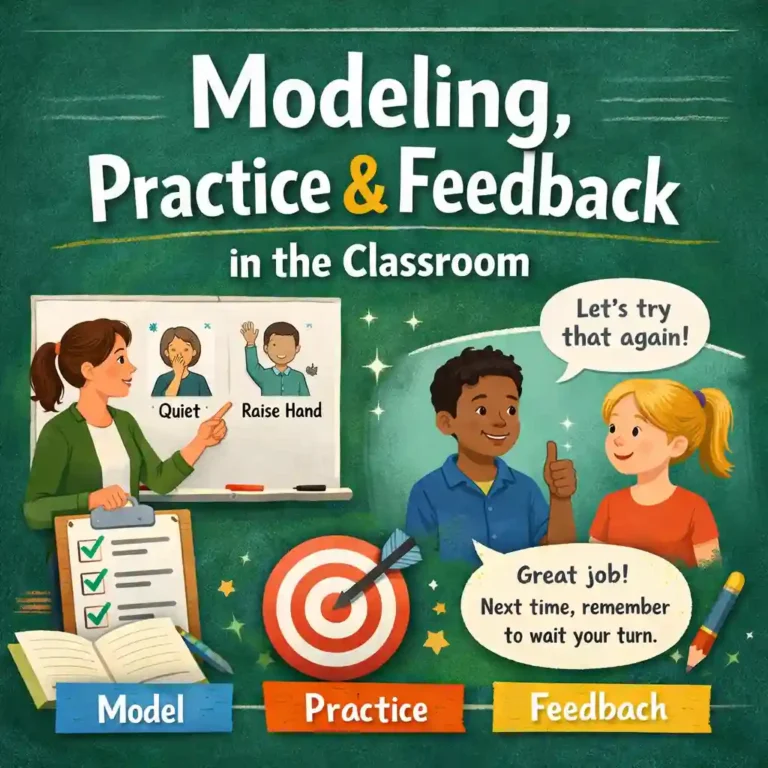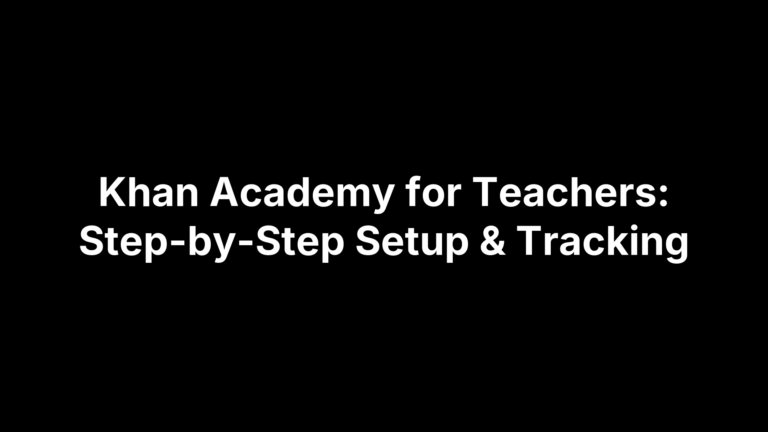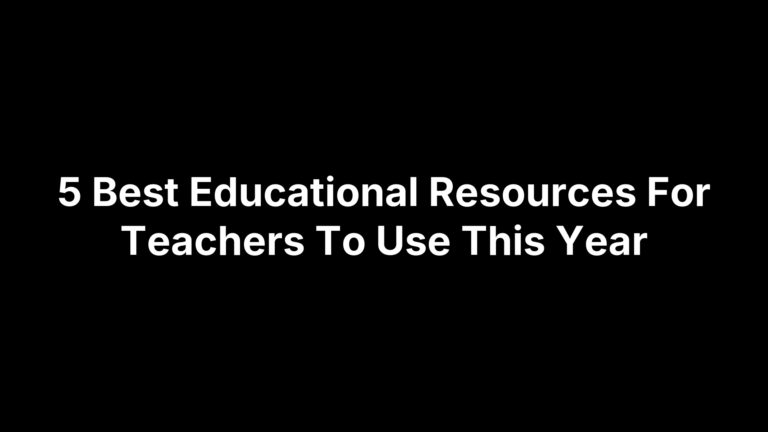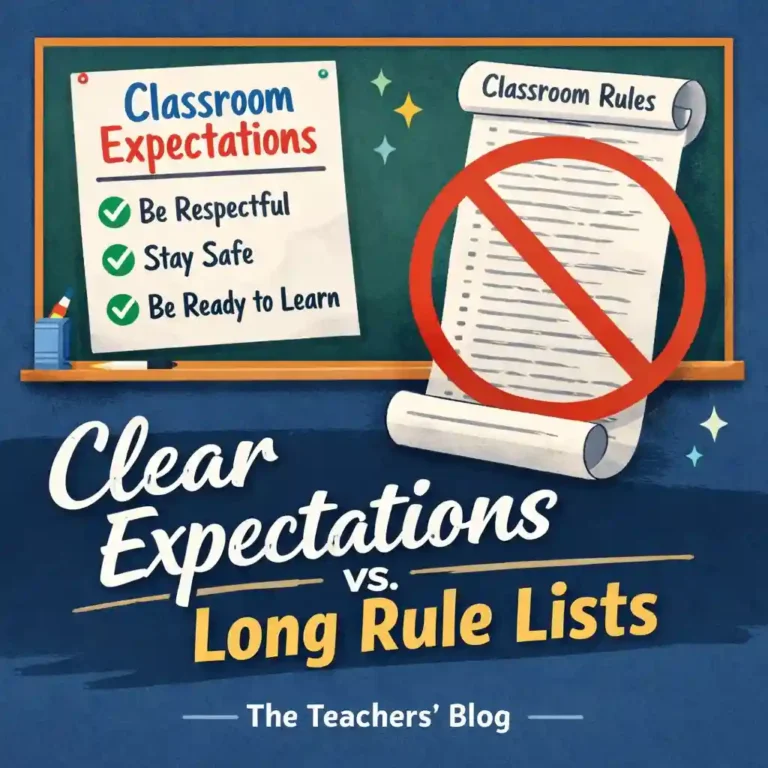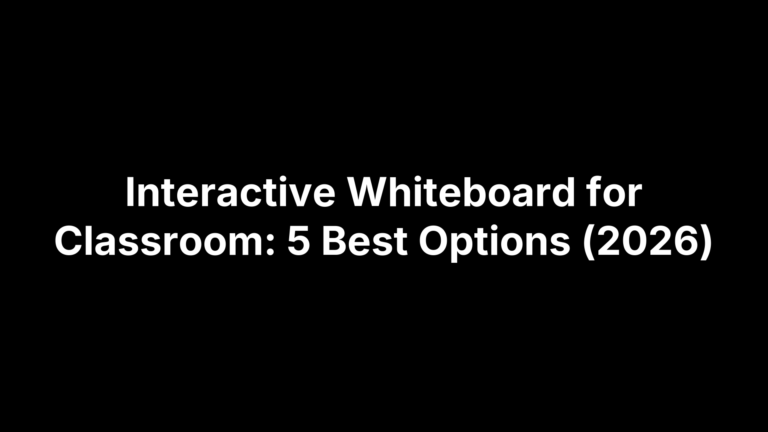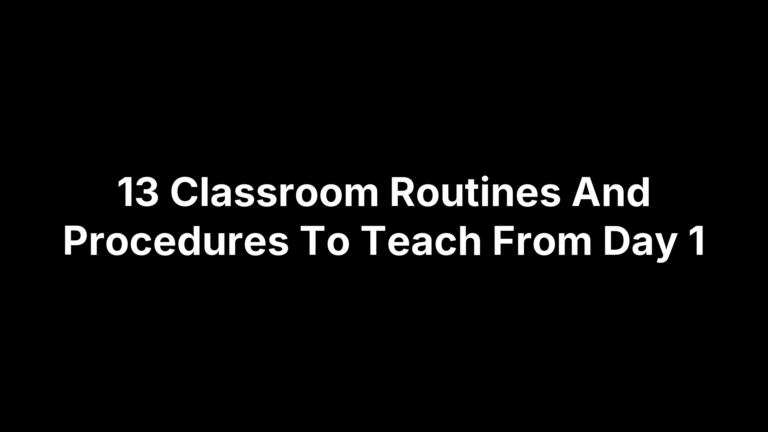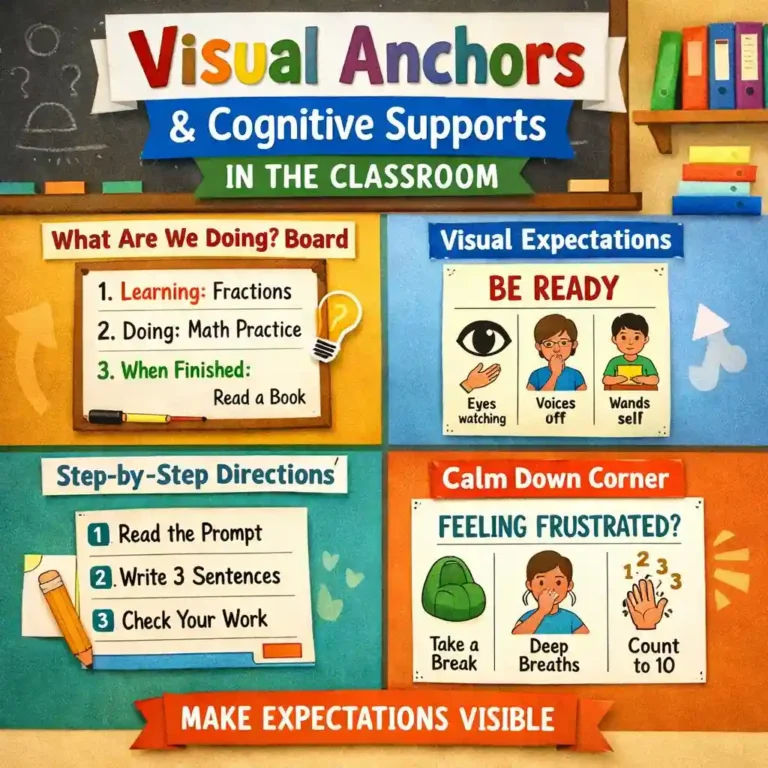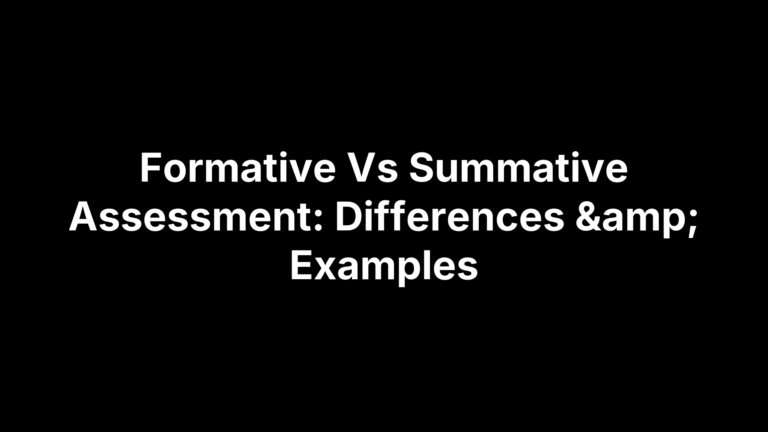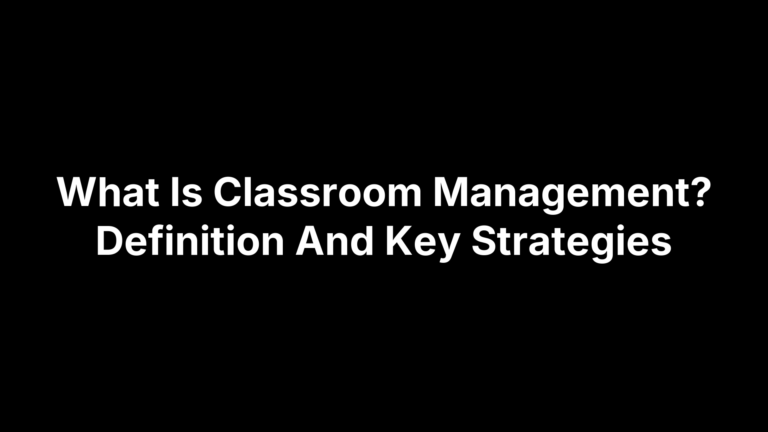Modeling, Practice, and Feedback in the Classroom for Better Management
If there’s one shift that quietly transforms classroom management, it’s this: We stop announcing expectations and start teaching them. In this course, we’ve already talked about classroom management as instruction—not discipline. This module is where that idea becomes concrete. Because if we want students to: Transition smoothly Participate respectfully Regulate their emotions Collaborate effectively Follow…
